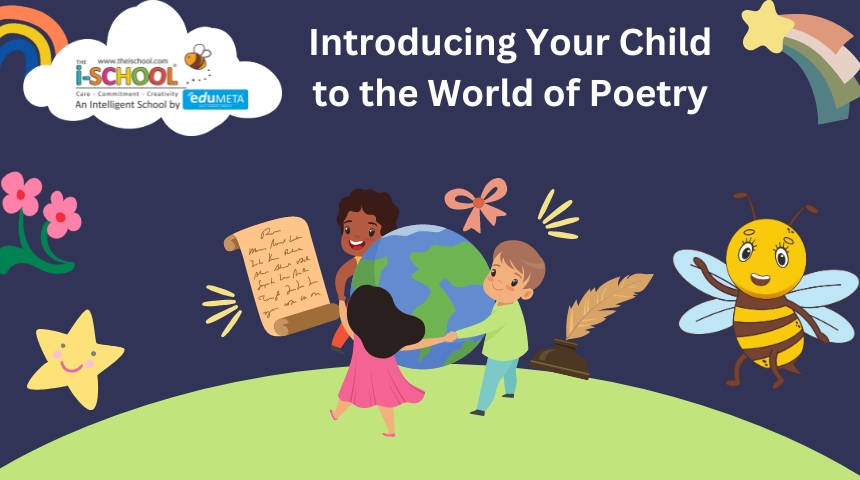Introducing Your Child to the World of Poetry

1. Enhances Language Skills
Poetry helps children expand their vocabulary and understand the nuances of language. The rhythmic and rhyming patterns found in poems can improve phonemic awareness, which is crucial for early reading skills. Through poetry, children learn about wordplay, metaphors, and similes, which enhances their ability to use language creatively and effectively.
Benefits:
- Builds vocabulary and language comprehension.
- Improves reading fluency and pronunciation.
- Encourages creative expression and use of figurative language.
2. Fosters Emotional Expression
Poetry provides a unique way for children to explore and express their emotions. It can be a powerful tool for articulating feelings that might be difficult to express otherwise. Writing or reading poetry allows children to connect with their emotions and understand the experiences of others, fostering empathy and emotional intelligence.
Benefits:
- Provides an outlet for expressing emotions.
- Helps in understanding and processing feelings.
- Encourages empathy and emotional awareness.
3. Stimulates Creativity and Imagination
The imaginative nature of poetry can inspire children to think outside the box and explore new ideas. Whether they are creating their own poems or interpreting the work of others, children learn to see the world from different perspectives. Poetry encourages creativity in both thought and language, making it an excellent exercise for the mind.
Benefits:
- Sparks imagination and creative thinking.
- Encourages exploration of different ideas and perspectives.
- Promotes artistic and literary expression.
4. Strengthens Listening and Recitation Skills
Reciting poetry aloud can improve a child’s listening and speaking skills. It helps children develop a sense of rhythm, tone, and pacing, which are important aspects of effective communication. Listening to poems can also enhance their auditory memory and concentration.
Benefits:
- Improves public speaking and presentation skills.
- Enhances listening and auditory memory.
- Builds confidence in verbal expression.
5. Cultivates a Love for Literature
Introducing children to poetry can cultivate a lifelong love for literature. Poems are often short and engaging, making them an excellent introduction to the joys of reading. As children explore different types of poetry, they can discover a wide range of styles and themes that resonate with them.
Benefits:
- Encourages a love for reading and literature.
- Exposes children to various literary forms and genres.
- Fosters a lifelong appreciation for the arts.
How to Introduce Poetry to Your Child
- Start with Simple Poems: Begin with age-appropriate poems that are easy to understand and enjoyable. Nursery rhymes and classic children’s poems are a great starting point.
- Read Aloud Together: Read poems aloud with your child and discuss their meanings. Encourage your child to express their thoughts and feelings about the poems.
- Encourage Writing: Encourage your child to write their own poems. It can be as simple as a few rhyming lines or a short verse about something they love.
- Explore Different Forms: Introduce your child to various forms of poetry, such as haikus, acrostics, and limericks. This will help them appreciate the diversity of poetic expression.
- Make it Fun: Use poetry games and activities to make learning enjoyable. For example, you can play a rhyming word game or create a “poetry wall” where your child can display their favorite poems.
Conclusion
Introducing your child to the world of poetry is a wonderful way to enhance their language skills, emotional intelligence, and creativity. Whether through reading, writing, or reciting, engaging with poetry can be a joyful and enriching experience. So, dive into the world of rhymes and verses with your child, and watch as they discover the beauty and power of poetic expression.
